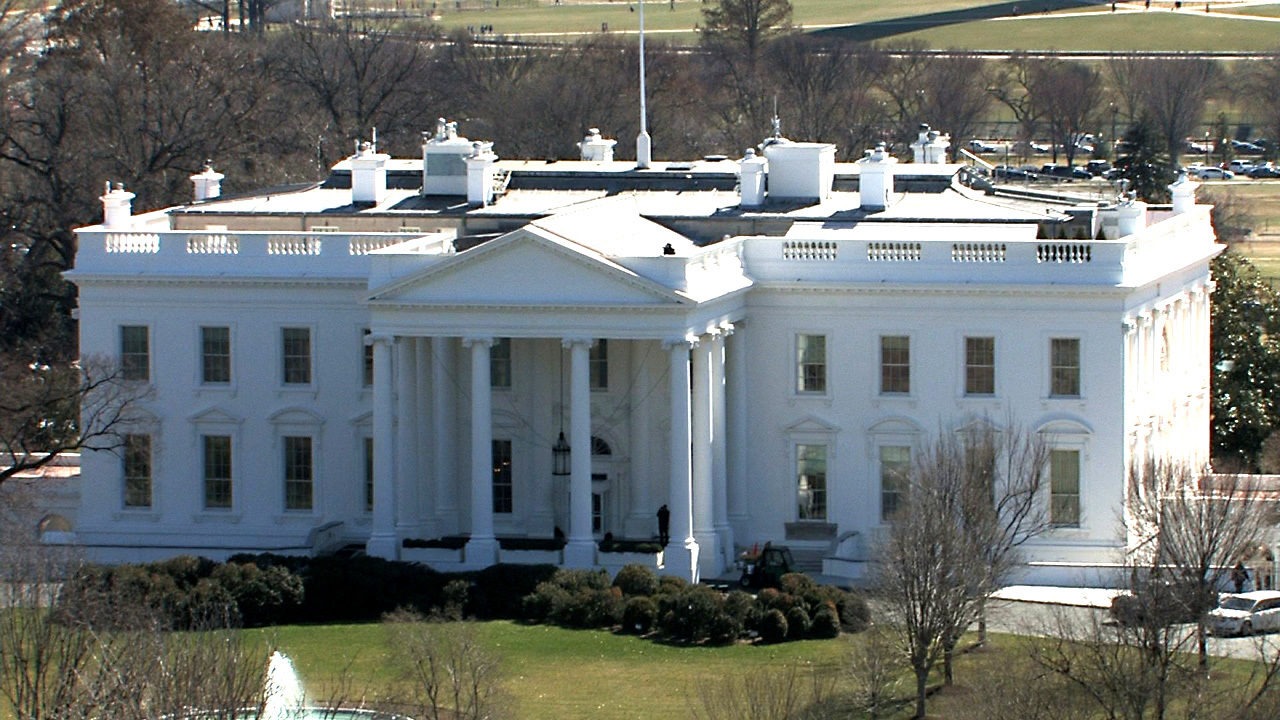The public opinion poses the question as to whether these policies of Donald Trump will lead to a leap in the US status or may weaken its power internationally, actions such as the transfer of the Israeli embassy to Jerusalem, withdrawal from the JCPOA, trade war with China, sanctions against Russia, exit from international treaties and…
To answer this question, the respondent first has to answer the basic question of whether to look at the recent 2-3 years of US foreign policy from the perspective of multilateralism and internationalism or a protectionist and nationalist perspective? Donald Trump represents the nationalist currents in America, which believe that multilateralism and internationalism policies have weakened the American power in the world and led to the emergence of other powers, ultimately endangering American supremacy. So the group focuses on nationalist and unilateralist policies in the form of the first American slogan.
From the group’s viewpoint, Trump’s actions are aimed at restoring the US power, and he wants to show that America is superior in the political, economic, military, cultural and social spheres. That is why the group believes Trump’s actions are helpful and will bring back power, authority, and glory to the United States. Trump’s motto is that he will make America strong again, but if one looks at developments from a multilateral or international perspective, the actions Trump is taking will undoubtedly undermine the status and authority of the United States as a world leader or driving force in the inception of international order. Because with the loss of bonds between the US and its allies America’s role in the international arena will diminish.
As a result, actions such as ignoring international treaties, unilateral measures in support of Israel, or trade wars will ultimately weaken the United States globally. So the question of whether Trump’s policies will weaken America or strengthen it cannot be answered with a zero and one, depending on how one looks at these developments. Of course, one might say that the United States or the Trump administration is trying to make a connection between the two. During this time, some of Trump’s policies have undergone a positive process.
For example, if America’s dependence on economies like China declines, it could lead to a revival of American power, but at the same time excessive negation of the international order and abandoning participatory policies could damage America’s standing; Therefore, it seems that the US government will gradually adopt a moderate policy and has no other choice because protectionist policies alone are not helpful and cause a lot of trouble for the Trump administration. However, the interdependence the United States has with its allies or rivals or its vulnerability against its enemies does not allow the US policies to move the way the nationalist current in the United States wants.
So, despite the nationalist current’s tendency in the US, the Trump administration’s foreign policy has not been based on rejecting war and withdrawal from military conflict. On the contrary, we can see that despite all the slogans that Trump has put forth, he cannot abandon multilateralism and globalization policies. Because the US economy is heavily intertwined with the economic order of globalization, getting out of this situation is not easy either. As a result, part of the policies of the Trump administration aimed at strengthening American authority and power is part of his policies that are harmful and need to be explored on a case-by-case basis.










0 Comments